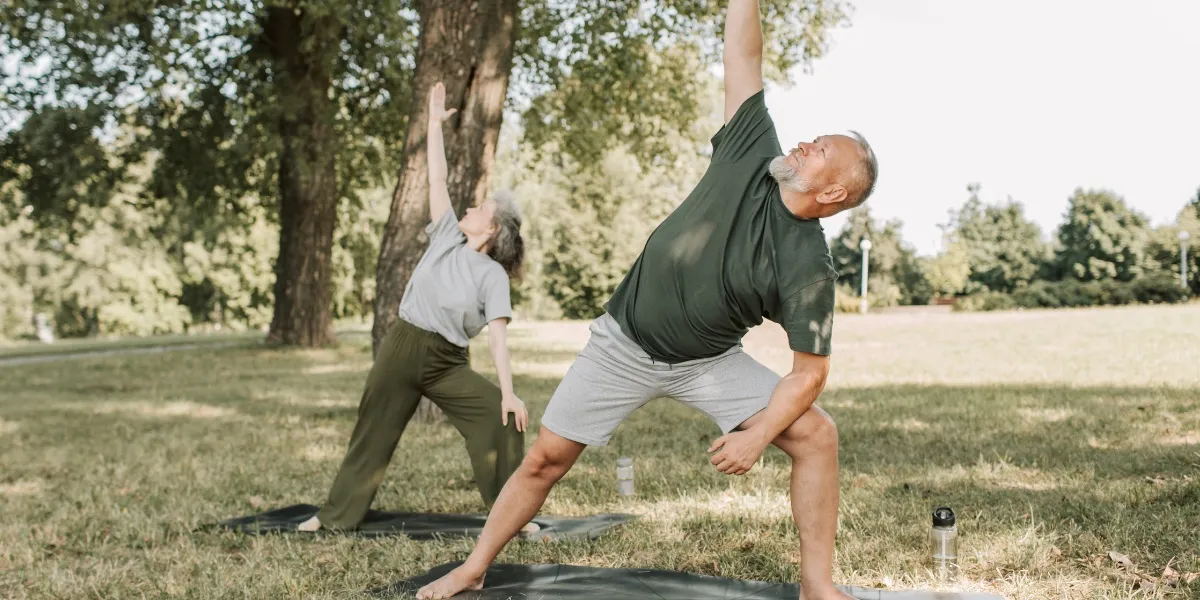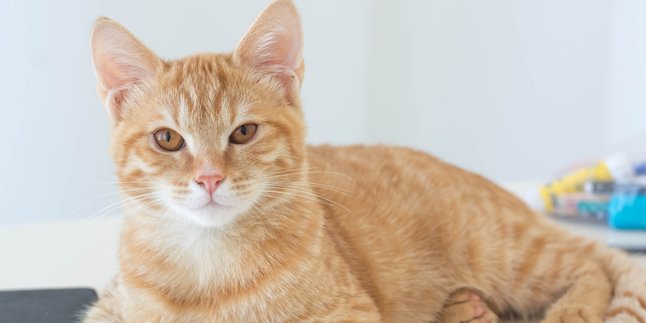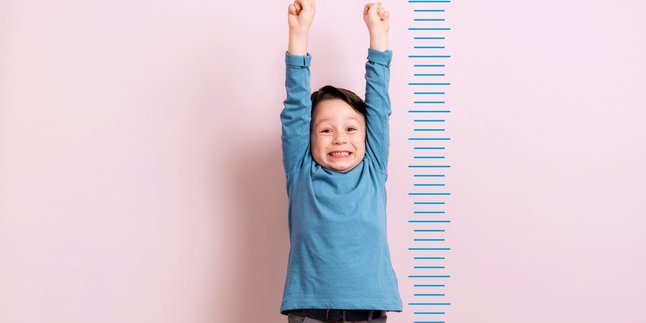Kapanlagi.com - Pneumonia is inflammation of the lungs caused by bacteria, fungi, or viruses, and is a particular concern for the elderly. Although pneumonia symptoms can be clearly visible in children and adults, in the elderly, these symptoms are often not apparent. This poses a challenge in diagnosing and managing this disease, which can have serious consequences if not detected early.
Pulmonologist Desilia Atikawati explains that in the elderly, symptoms such as cough, shortness of breath, and fever do not always appear. In fact, their body temperature can sometimes be below normal, making signs of pneumonia often overlooked. Other symptoms such as weakness and lack of energy can also be difficult to recognize, especially in elderly individuals who have already experienced a decline in physical function, leading family members and those around them to often be unaware of their deteriorating health condition.
Desi also highlights the fact that many elderly individuals come to the hospital due to falls, which are often attributed to a stroke or other illnesses. However, upon examination, pneumonia is often found to be the main cause of their weakness. Therefore, Desi reminds us of the importance of being vigilant about the health conditions of the elderly, as they are part of a high-risk group for pneumonia. With more attention, you can help maintain the health of the elderly around you
1. Common Symptoms of Pneumonia
Desi explains that the symptoms of pneumonia in adults and children are generally very pronounced. In adults, the signs to watch out for include a productive cough, often accompanied by phlegm, troublesome shortness of breath, chest pain, fever that can fluctuate, and accompanying weakness.
If you or someone close to you experiences these symptoms, it is advisable to consult a doctor immediately for appropriate treatment.
2. Symptoms of Pneumonia in Children
In an interesting opportunity, Dr. Wahyuni Indawati, a pediatrician consultant from the Coordinating Unit of Pediatric Respirology of the Indonesian Pediatric Association (IDAI), shared important information regarding the symptoms of pneumonia in children.
She explained that the infection can be marked by fever, weakness, fatigue, lethargy, and decreased appetite. Specifically in infants, the symptoms of pneumonia are often nonspecific, such as weakness, lethargy, and fussiness, which we often refer to as "not doing well".
In addition, respiratory symptoms also appear, characterized by coughing, runny nose, and faster breathing, which can even be seen when a child has difficulty breathing, with the chest wall retracting inward.
3. Pneumonia Can Be Deadly, Seek Medical Attention Immediately If Symptoms Occur
Desi emphasized that pneumonia is a disease that can affect anyone, but children under two years old and the elderly are the most vulnerable groups. "Pneumonia is one of the significant causes of death, both in children and the elderly," she stated.
Therefore, she reminds us to take patients to the hospital or doctor immediately if they experience pneumonia symptoms, because if diagnosed late and not receiving appropriate treatment, the risk of life-threatening complications can increase.
4. Recovery Time for Pneumonia Ranges from Days to Weeks
Desi explained that the treatment for pneumonia varies greatly, depending on the severity and the presence of underlying diseases. "For healthy adults who lead a good lifestyle, their condition usually improves within 5-7 days," she stated.
She added that a cough can last more than two weeks as a natural response of the body to clear the airways. However, for the elderly with comorbidities, the risk of death remains high, making monitoring in the hospital very important. "The healing process can take several weeks, but everyone has a different journey," Desi explained.
(kpl/rao)
Disclaimer: This translation from Bahasa Indonesia to English has been generated by Artificial Intelligence.












